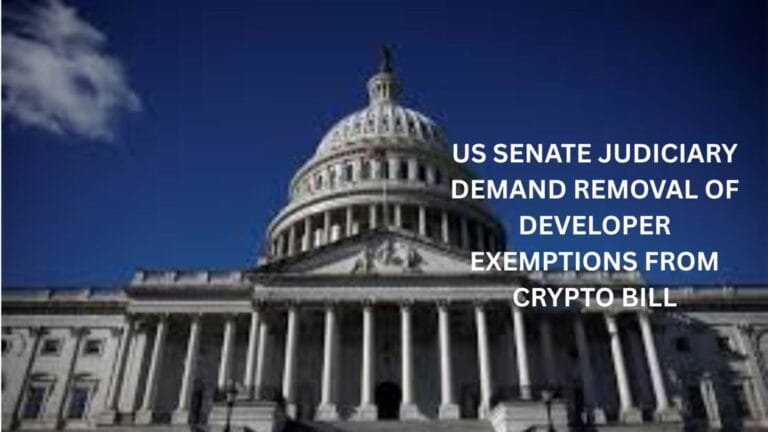Key takeaways:
- The financial regulator says that to better safeguard investors, guidelines for companies listing and delisting cryptocurrencies have been strengthened.
- Cryptocurrency companies with an authorized coin listing policy are not allowed to self-certify any tokens.
The financial regulator for the state of New York says that in order to better safeguard investors, guidelines for companies listing and delisting cryptocurrencies have been strengthened.
On November 15, the New York State Department of Financial Services (NYDFS) announced new regulations requiring cryptocurrency companies to submit their listing and delisting procedures for approval to the NYDFS.
In order to safeguard investors, the NYDFS has established stricter risk assessment guidelines against which the company’s policies will be evaluated. The NYDFS will consider several issues, including the tokens’ risks related to technology, operations, cybersecurity, market, liquidity, and illegal behavior.
The upcoming amendments will affect limited-purpose trust organizations under the state’s Banking Law and any digital currency business entities licensed under the New York Codes, Rules, and Regulations. In September, the NYDFS first requested public comments on the idea.
Cryptocurrency companies that already have an authorized coin listing policy are not allowed to self-certify any tokens until they apply to the NYDFS and are approved.
Stablecoin provider Circle, cryptocurrency exchange Gemini, investment management Fidelity, trading house Robinhood, and payments behemoth PayPal are a few of the companies that have to abide by the new regulations.
To preview and submit its draft coin listing and delisting policies by December 8, 2023, all impacted enterprises must meet with the NYDFS. The policies must be submitted by January 31, 2024.
The financial regulator will use an “innovative and data-driven approach” to monitor coin listings, delistings, and the cryptocurrency market as a whole, according to Adrienne A. Harris, superintendent of financial services. Harris emphasized that the new regulation does not constitute a state-wide crackdown on the crypto market:
“to ensure that New Yorkers have a well-regulated way to access the virtual currency marketplace and that New York remains at the center of technological innovation and forward-looking regulation.”
The NYDFS reported in February that it has expanded its capacity to detect illegal activity linked to cryptocurrencies, including insider trading and market manipulation.
According to a Coinbase study from August, 690 blockchain-based businesses are headquartered in New York, and 19% of residents of the state possess cryptocurrency.










